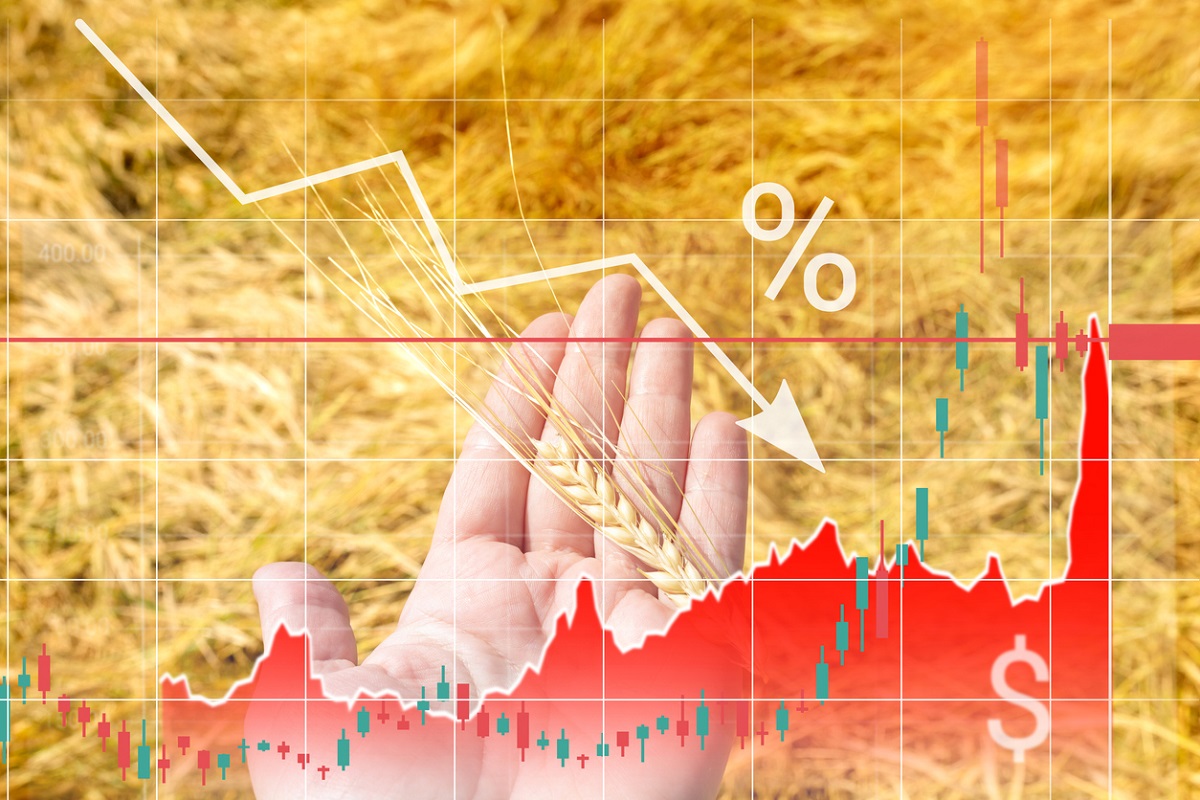
Shifting to Non-GM Feed Ingredients Less Beneficial to Environment, Producers and Consumers - Report
April 13, 2022| |
A study initiated by the Institute for Feed Education and Research (IFEEDER) found that using feeds free from genetically modified (GM) ingredients may cost more for players in the livestock and poultry industries. The act can also lead to increased greenhouse gas emissions and decreased chances of preserving biodiversity habitats.
The study was conducted to examine the environmental and economic implications if animal food manufacturers in the United States needed to increase their production of non-GM feed. It aimed to enlighten the value chain company players about the intricacies of going through the process of producing GM and non-GM feed lines.
Results showed that when the use of safe, proven technologies like GM crops is limited, the costs for the producers, consumers, and environment can increase. The key findings are:
- While GM corn and soy seeds are initially costly for farmers, these costs are offset by lower farm input costs. To convince a farmer to shift to non-GM farming, a significant premium on non-GM would be needed to offset the production cost difference.
- Using non-GM seeds reduces the benefit of land sparing. Data showed that using GM seed traits produced millions of acres of land sparing and significantly decreased land conversion from grassy habitats to agricultural land.
- The GM corn no-till system emits the least carbon dioxide for diesel combusted in field operations. Shifting to non-GM crops also reduces this benefit.
- The use of GM seeds and other technologies has improved nitrogen efficiency. Studying the use of corn alone, it will take 4.9% more corn acres to yield the same level of nitrogen production as non-GM corn as compared with GM corn.
- Segregating and isolating GM and non-GM ingredients will impose additional costs on players in the production supply chain, with the feed mill being subjected to the largest increase in the price of the product.
- The retail price of meat, milk, or eggs fed with non-GM feed is expected to increase over animals fed with GM feed.
Learn more by reading the full report made accessible to all by IFEEDER.
| |
You might also like:
- GM Crops' Benefits to Fight Climate Change May Be Underestimated Than Previously Documented
- Pocket K No. 5: Documented Benefits of GM Crops
- Report Shows 20 Years of Economic and Environmental Benefits from Biotech/GM Crops
Biotech Updates is a weekly newsletter of ISAAA, a not-for-profit organization. It is distributed for free to over 22,000 subscribers worldwide to inform them about the key developments in biosciences, especially in biotechnology. Your support will help us in our mission to feed the world with knowledge. You can help by donating as little as $10.
-
See more articles:
-
News from Around the World
- IPCC Report Reveals Agriculture can Halve Emissions by 2030; Help Climate Change Adaptation
- Trends on GM Foods Consumer Perception Help Identify Policy Recommendations
- ICRISAT Develops Iron-fortified Pearl Millet
- Nigeria Starts National Performance Trials for TELA Maize
- Genome Sequence of Forage Grass Now Available
- Brazil's Biotech Sugarcane Area to Double in 2022
- Shifting to Non-GM Feed Ingredients Less Beneficial to Environment, Producers and Consumers - Report
- Agri Experts Help Identify Behavioral Factors that Influence GM Tech Acceptance
-
Research Highlights
- Bacteria that Kills Fungus Affecting Sugarcane Yields Discovered
- Protein Discovery Reveals Mechanisms of Nitrogen Assimilation in Plants
- Researchers Reveal Genetic Basis of Watermelon Seed Size
-
Plant
- Novel Plant Breeding Techniques Boosts Cereal Production
-
Read the latest: - Biotech Updates (February 18, 2026)
- Gene Editing Supplement (January 28, 2026)
- Gene Drive Supplement (February 22, 2023)
-
Subscribe to BU: - Share
- Tweet

